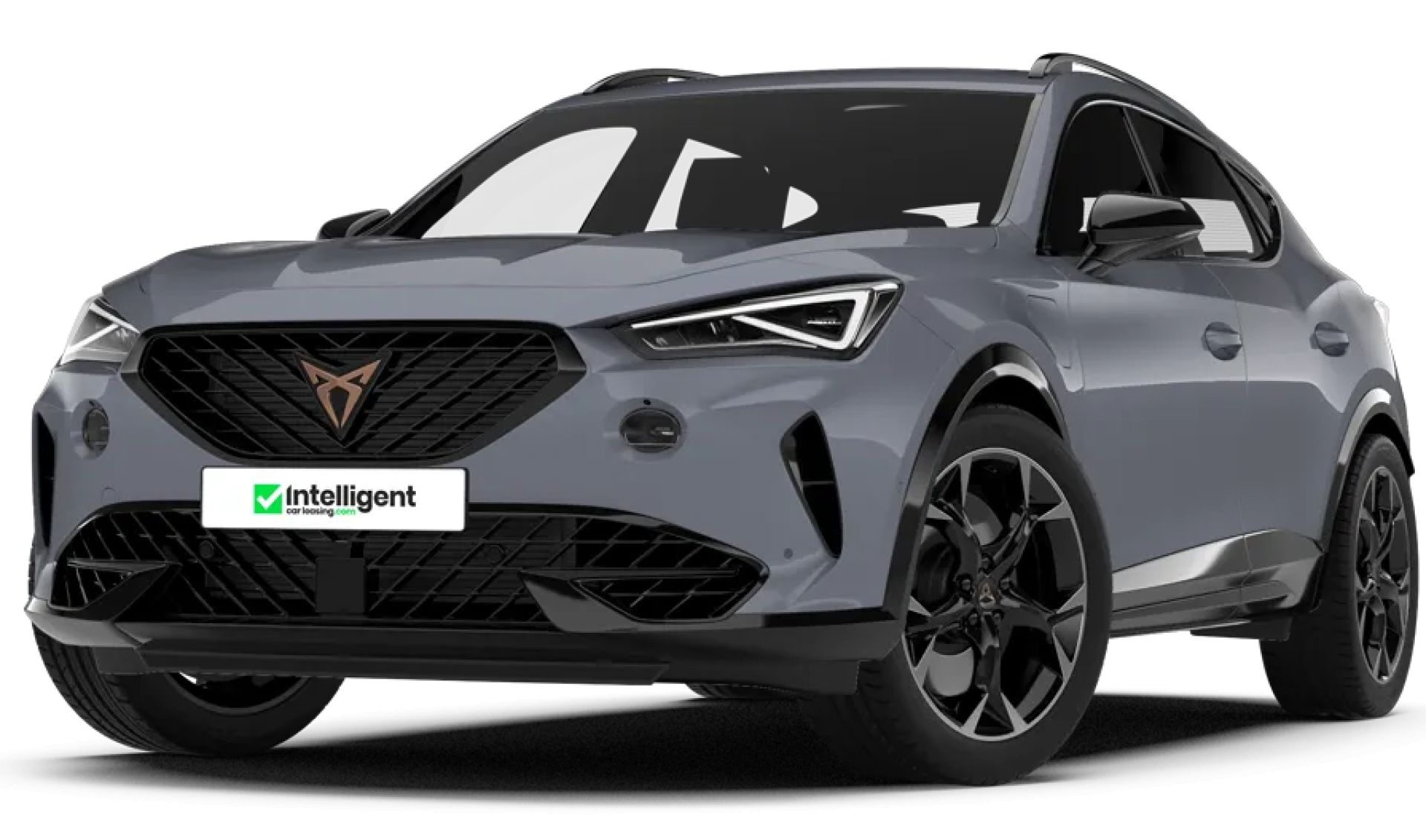Car Leasing Manchester
We’ve made it easier for you to find a cheap lease deal in Manchester with our range of special offers available right now. Not only that, we've also put together a handy guide on where to charge your electric car in Manchester, which you can find below. Whether you want a modern EV to drive around Manchester (or prefer a petrol, diesel or hybrid), you can compare our full range of special offers, and start saving money on your next car. Sound like the intelligent choice? It sure is!
Pick your make
we have great lease deals on models from every major manufacturer











































Free Nationwide Delivery
We deliver your new car anywhere in the UK mainland for free.
Free Online Ordering
Take care of everything you need to get your new lease car from your phone or computer!
Competitive Prices
Your new vehicle includes full manufacturer’s warranty, breakdown recovery and road tax.
Brand New Cars
Your new vehicle is supplied direct through the manufacturer’s franchised dealer network.
Compare our Manchester car lease deals with confidence
Helping the people of Manchester get a great deal
With our range of Manchester car leasing deals, you’ll find a package that allows you to drive the car you’ve always wanted – one with the latest tech. But there’s something you should know about these special offers – they don’t always wait around for long. We regularly research the market to find you the best car lease deals, so the one you find today may not be around tomorrow!
Pros
Lower monthly payments - With car leasing, you will benefit from lower monthly payments compared to buying a car on finance.
Flexible driving - Leasing a car gives you the flexibility to switch vehicles every few years and drive newer, smarter models.
Cons
Mileage limits - You’ll be charged a fee if you go over your set mileage, but our experts help you pick a mileage that covers your driving lifestyle.
Lack of ownership - You won’t own the car but you’ll have more flexibility and the option to replace your car for a brand new one.
1 Choose your car
Compare our extensive range of car lease deals and find the right car for the right price. Pick from 1000's of vehicles and drive exactly what you want.
2 Customise your lease
Enjoy low monthly payments over a term of your choice. Add an optional maintenance package for worry-free motoring.
3 Get your car delivered
Your new car is delivered to your door when everything is good to go.
4 Hey presto! Start driving
You can start driving one of the UK’s best lease deals for a knockdown price – completely hassle-free. Simply hand the vehicle back at the end of the contract.
The technology driving our future
If you're looking for an EV, hybrid or electric car lease deal in Manchester, there are plenty of technology options to suit your needs. Click an icon below for an overview of how each technology works, and the extent to which it can help you save money and reduce your carbon footprint.
Mild
Hybrid
Mild Electric Hybrid
Manufacturers have been moving from 12v to 48 volt vehicle electric systems allowing a degree of hybridisation. A separate battery allows the engine to idle at speeds above around 30mph when the driver takes their foot off the throttle, and then re-engages power when required. These cars can’t run on battery power alone, but the battery does contribute to lower CO2 emissions and improved fuel economy.
Self-charging
Hybrid
Self-charging Hybrid
Originally referred to hybrids, these days hybrids tend to be referred to as self-charging. This is to differentiate them from plug-in hybrids which need electricity to charge the battery. Self-charging hybrids do not need this. Instead, the engine and battery work together to provide the power. The battery can often propel the car in zero emission mode for short distances. The benefits are low CO2 emissions, improved fuel economy, and for business drivers, reduced driver benefit in kind taxation.
Plug-in
Hybrid
Plug-in Hybrid (PHEV)
PHEVs combine a petrol or diesel engine with an electric motor. Unlike self-charging hybrids, PHEVs feature a larger battery that can be plugged in and recharged, making it possible to drive extended distances of around 20 – 30 miles on electricity alone. As a result, CO2 emissions are lower and fuel economy are greater compared to conventional hybrids, and for business drivers the lower CO2 emissions result in greatly reduced benefit in kind.
Battery
Electric
Battery Electric (BEV)
Battery electric vehicles (commoly referred to as simply EVs) operate on battery power alone and have a range of anything from 130 miles to over 250 miles. A full re-charge can take around five to 12 hours on a 7kW charger with most BEVs taking a fast charge to 80 per cent of battery capability within 30-45 minutes. The cost savings are huge as are the benefit in kind savings for business drivers, and battery range and charging infrastructure is increasing on a constant basis.
Hydrogen
Fuel Cell
Hydrogen Fuel Cell (FCEV)
Hydrogen fuel cell vehicles (FCEVx) are another type of EV. These cars use hydrogen to power an on-board fuel cell, which combines with oxygen in the air to produce electricity. Fuel cell vehicles produce only water as a by-product and emit no CO2, so are therefore classed as zero-emission cars. The driving experience is similar to an EV, however the range is much greater range: over 300 miles. Despite the advantages there is currently a limited network of hydrogen filling stations.






